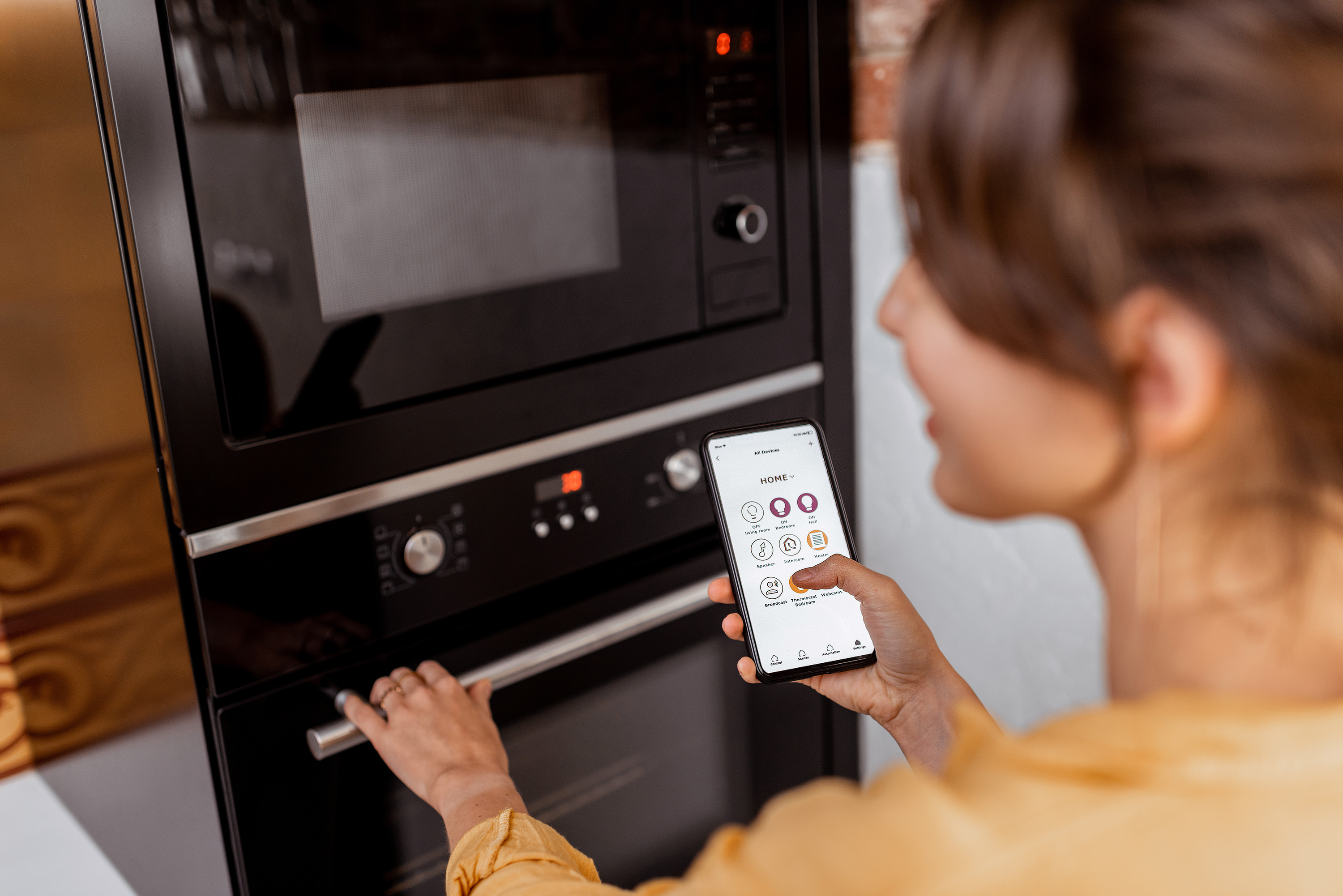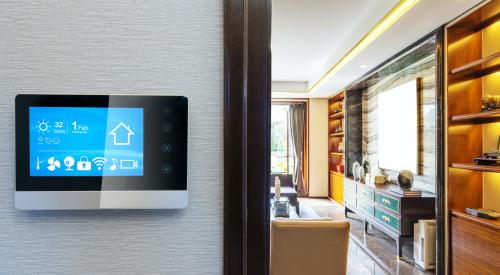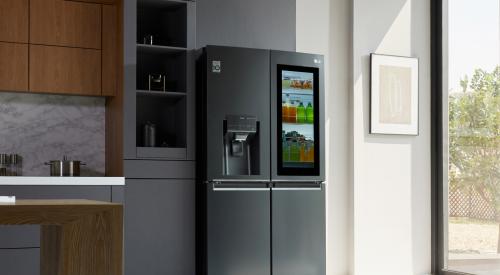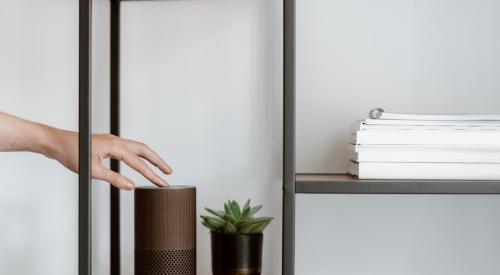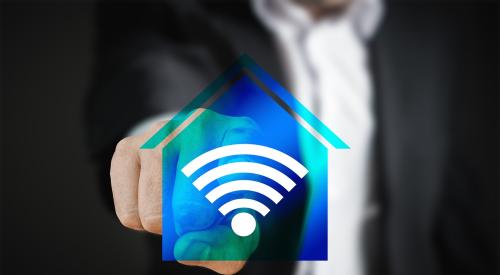Appliance manufacturers are upset that only half of their customers have connected their smart appliances to their home Wi-Fi network. Product companies like LG Electronics and Whirlpool believe that Wi-Fi-connected appliances will help build a relationship with their customers past the initial purchase.
For buyers of such smart appliances, that is precisely the reason they’re choosing to opt out of joining the network. According to a Wall Street Journal report, half (50%) of smart appliance owners do not have their Wi-Fi-enabled appliance actively connected to the home network—a figure that product manufacturers are hoping to change. If given constant access to their customers’ homes, manufacturers gain insight on how their appliances are being used. How often is the dishwasher run? Is the oven being used every night? Why aren’t they taking their clothes out of the dryer?
These hypothetical questions are ones that 50% of smart appliance owners don’t want answered and put in the hands of corporations. But it’s not just concerns over usage metrics. Buyers don’t want to be bombarded with push alerts and product updates, either.
Need a new water filter for the fridge? Out of dishwasher tablets? Add it to the list of problems homebuyers have to fix.
“The challenge is that a consumer doesn’t see the true value that manufacturers see in terms of how that data can help them in the long run,” said Henry Kim, U.S. director of LG’s advanced technology platform ThinQ, in an interview with the Wall Street Journal.
Buyers aren’t buying it. Even if their user data is anonymised or they opt-out of data-sharing altogether, consumers would rather stay uninvolved. A stove is just a stove, even when it’s online.
BEST SMART HOME PRODUCTS FOR BUYERS
The resistance to Wi-Fi-integrated smart appliances comes at a time when, oddly enough, smart home connectivity is expected by home buyers. In the US, the number of smart homes is expected to increase from about 57.5 million this year to over 77 million by 2025—accounting for roughly three-fifths of all households. In fact, nearly half (46%) of homeowners list smart tech as a must-have feature in a new home.
What should smart products do, then? (Besides tell you when to buy a new Brita filter). Johnson Controls, which provides HVAC, security, and fire equipment, says it designs smart home products to save energy, improve safety, and optimize comfort.
Ideally, smart products/devices are put in place to assist users with home control and monitoring. What are some simple smart technologies that benefit builders and buyers alike?
- Video doorbells. Research from the New Home Trends Institute (NHTI) shows that gateway smart tech implementations include video doorbells and smart thermostats. The most important use of smart technologies for consumers involves home security. Almost 60% of homeowners list smart doorbells in their top three products they would pay to include in their home.
- Smart lighting. Because the biggest concern with smart home tech involves security and privacy, it’s hard to see how smart light bulbs would be a cause for concern. According to a Rent.com survey, nearly 45% of homeowners want smart lights in their homes. Forty-two percent of renters said the same.
- Remote systems control. Conversely, homeowners are more likely to rank home control systems over smart tech that simplifies minor everyday tasks, such as turning off a light. New technology can allow the homeowner to check if they’ve left their garage door open, front door unlocked, and even if they’ve left their hair straightener plugged in.
- Maintenance sensors. Smart maintenance sensors are becoming increasingly more attractive to homebuyers. According to research from NHTI, almost half (46%) of interviewed homeowners would like to use embedded sensors in their homes to detect maintenance issues. A water monitoring sensor is especially important, as 61% of homeowners would consider purchasing one now or in the future.
For more on smart technology, read it here on Utopia.


